Question
Hello! I found your website today while researching a local Compost Facility. You guys are doing great work feeding your family good food! I noticed that you mentioned that you have gotten mulch from your local compost facility….have you ever used their compost before? We’re drastically increasing our garden size this year so we were considering getting some compost from ours. We are organic gardeners so we have some concerns about using their compost and were hoping to find someone with experience with it. Thank you for your time.
– Julie from Oklahoma
Answer
Hey Julie! Thanks for checking out our website! I got A LOT of compost from our local facility when I started and I used it without testing it. That was a huge mistake! I’ve since learned after poisoning most my tomatoes last year with compost made from tainted horse manure that I should always, always, always test compost before I use it. Here’s a link to a great post with more information about all of the various long-term herbicides that can wreak havoc on your garden. I’ve also included a video below about how to test compost for herbicide. I always recommend following these steps regardless of where you get the compost. I paid $50/scoop for the highest quality stuff you can buy in Oklahoma this year and still tested that too. My goal is that I won’t have to buy compost very much longer and instead I make it myself. I get loads of the wood chips/leaf mixture that they always have available for free and compost that myself. Then I can see exactly what the compost is being made out. I use that as a “base” for my compost bins and add kitchen scraps, coffee grounds, egg shells, plant cuttings, grass clippings from the yard, etc. Here’s some more information about composting.
Also, I’ve had amazing success with the Back to Eden method where you simply cover an area with a foot of wood chips, wait a year, and plant in that spot. You won’t believe how amazing the soil looks below those wood chips after a year. It’s absolutely incredible!
In summary, using compost from a municipal facility can save you a lot of money. I wouldn’t necessarily say not to use it. I’d just make sure you’re testing it before using it in the garden.
– Dale
Learn more about growing over 100 different foods, including how to manage various pests in our FREE iOS, Android, or Universal Web App!
Dale Spoonemore is the visionary co-founder of “From Seed to Spoon,” a groundbreaking platform that has revolutionized the way individuals approach gardening. His journey from a novice gardener to a leading advocate for sustainable living and mental wellness through gardening is a source of inspiration to many. Dale’s personal transformation and dedication to making gardening accessible and enjoyable have propelled “From Seed to Spoon” to become a vital tool for gardeners of all skill levels.
Dale’s venture into gardening began as a personal quest to improve his family’s health and well-being. Faced with the challenges of learning how to garden without prior experience, Dale turned his journey into an opportunity to simplify gardening for others. He leveraged his background in technology to develop the “From Seed to Spoon” app, which guides users through the process of starting their own gardens with ease. The app covers everything from selecting the right plants for your region to tracking your garden’s progress.
Beyond the app, Dale’s contributions to the blog reflect his deep understanding of gardening, his commitment to organic practices, and his belief in the therapeutic benefits of connecting with nature. His posts are rich with practical advice, personal anecdotes, and a clear vision for a healthier world through gardening. Dale often shares innovative gardening techniques, ways to incorporate technology into gardening, and tips for growing a wide variety of plants.
Dale’s passion for gardening is matched by his advocacy for mental health. He openly discusses how gardening has been a crucial part of his own mental health journey, offering a powerful testament to the restorative and calming effects of nurturing plants. Through his work, Dale aims to inspire others to discover gardening as a pathway to physical and mental health, sustainability, and a deeper connection with the environment.
As a key voice on the seedtospoon.net blog, Dale Spoonemore continues to educate, inspire, and empower individuals around the globe to start their own gardening adventures. His story is not just about planting seeds in the ground; it’s about planting seeds of change in communities, encouraging a shift towards more sustainable living practices, and fostering a global movement of wellness through gardening.

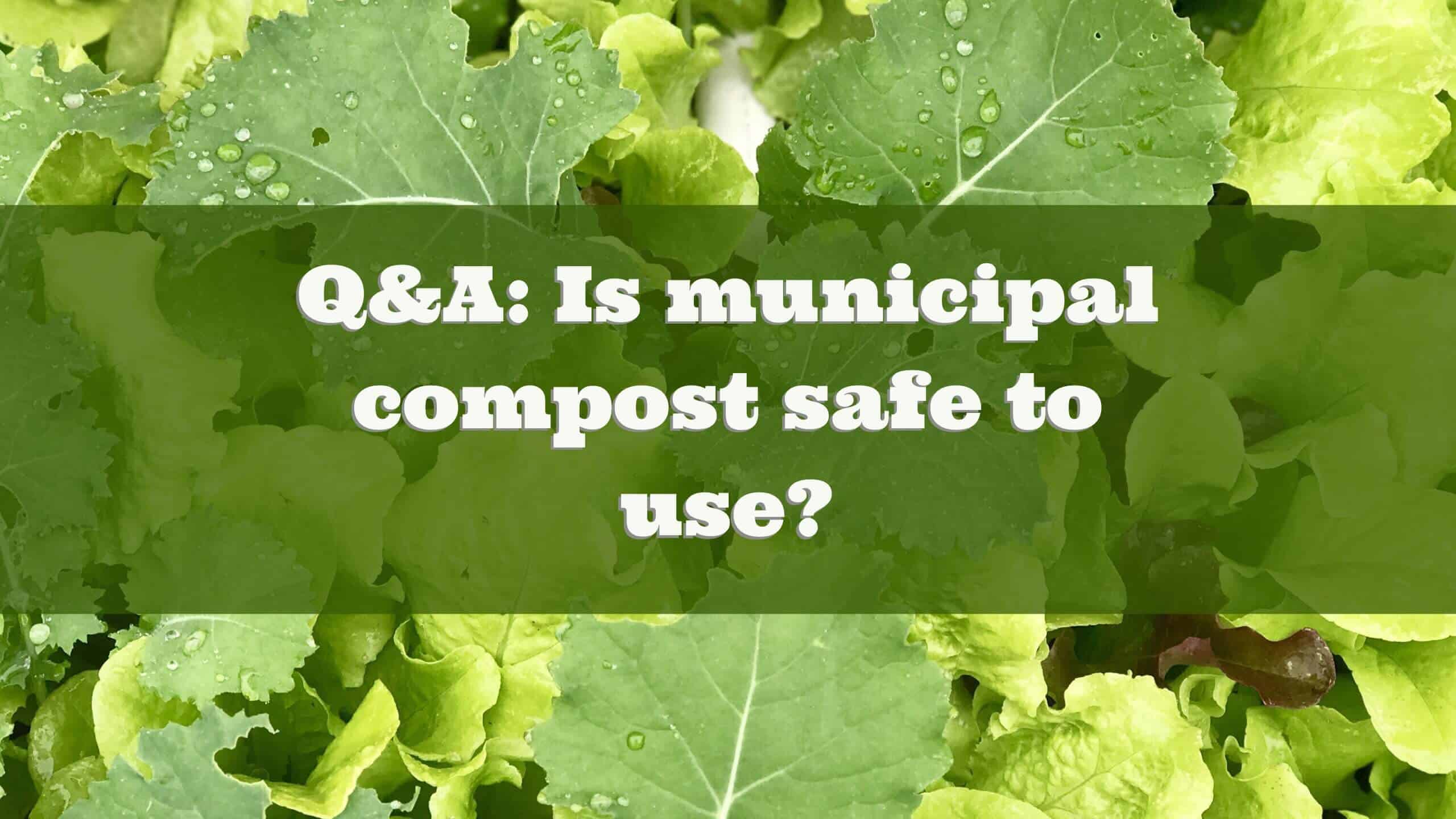
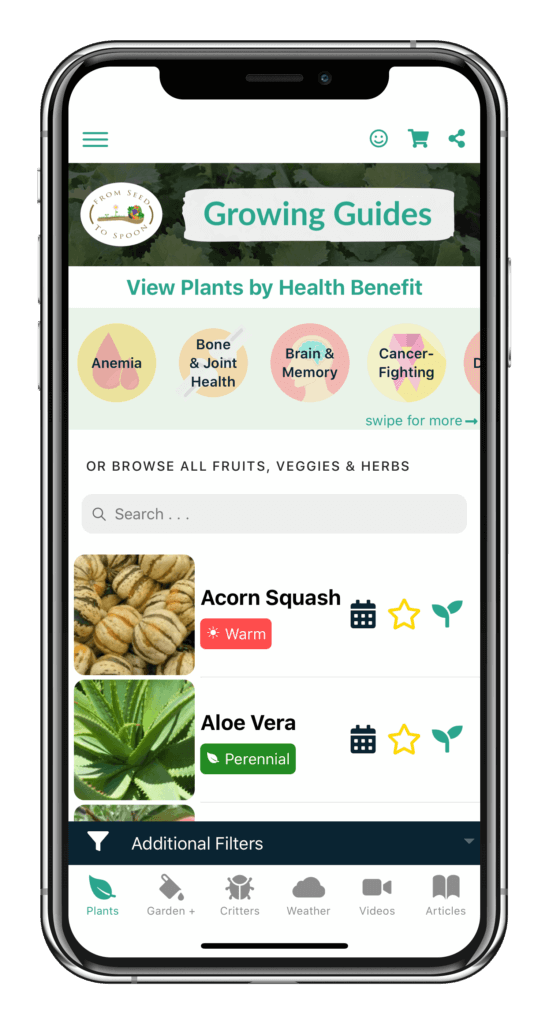

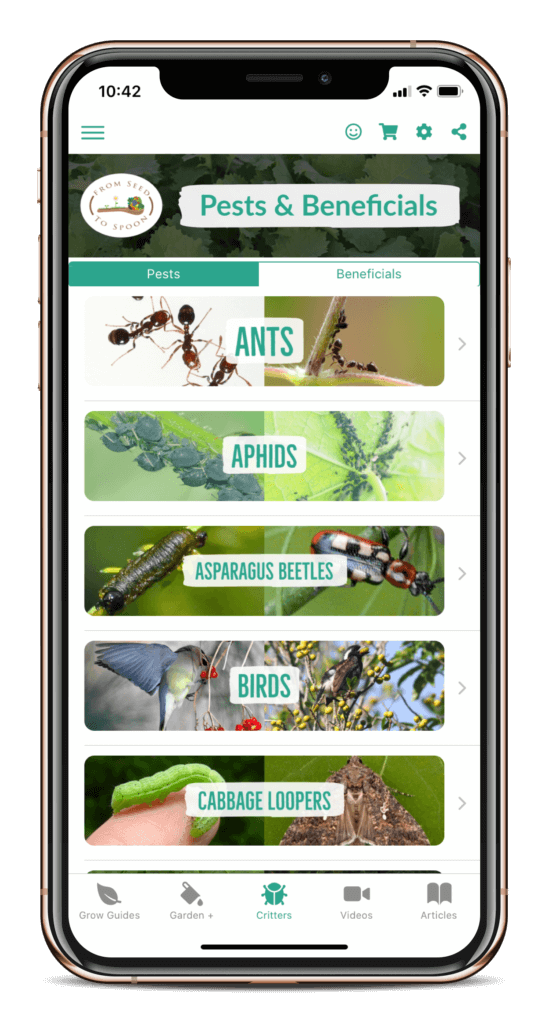




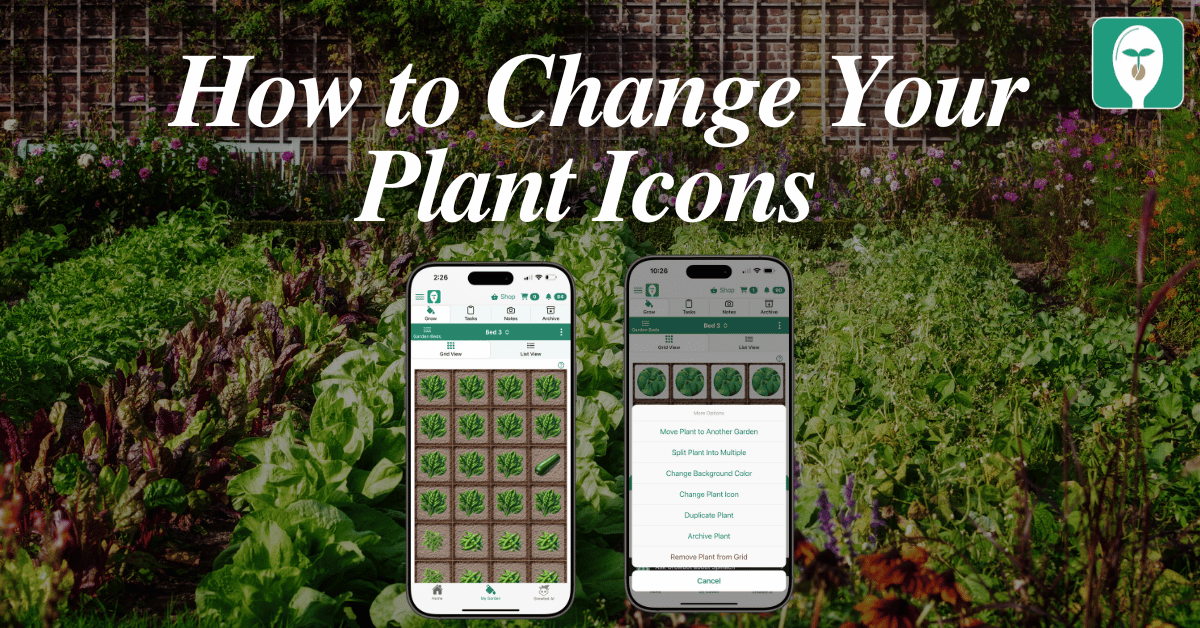
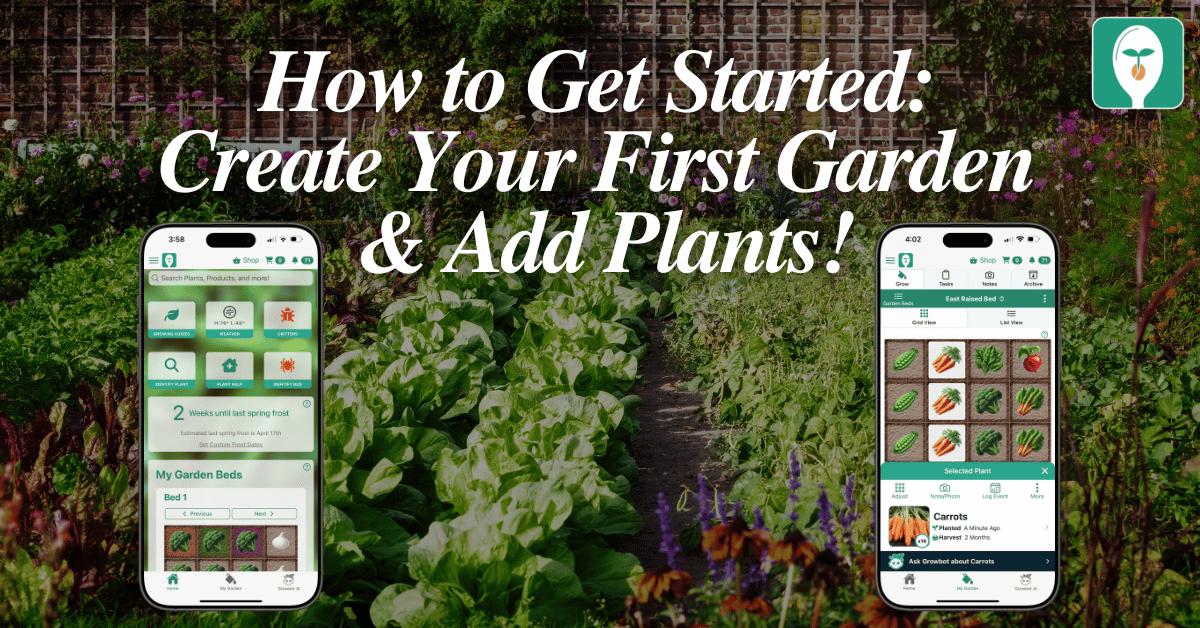

2 thoughts on “Q&A – Is It Safe to Use Compost from a Municipal Compost Facility?”
Thanks for the info. Just so you know, coffee acts as an herbicide too, so I’d avoid using it in compost. The coffee plant uses substances like caffeine to inhibit nearby plant growth that could compete with it. I go through a lot of coffee and thankfully researched it before adding a bunch.
I used free municiple compost before, and it introduced pests into my yard that I never had prior. Even all these little tiny frogs! And insects that we never had in all the 60 years we lived there.